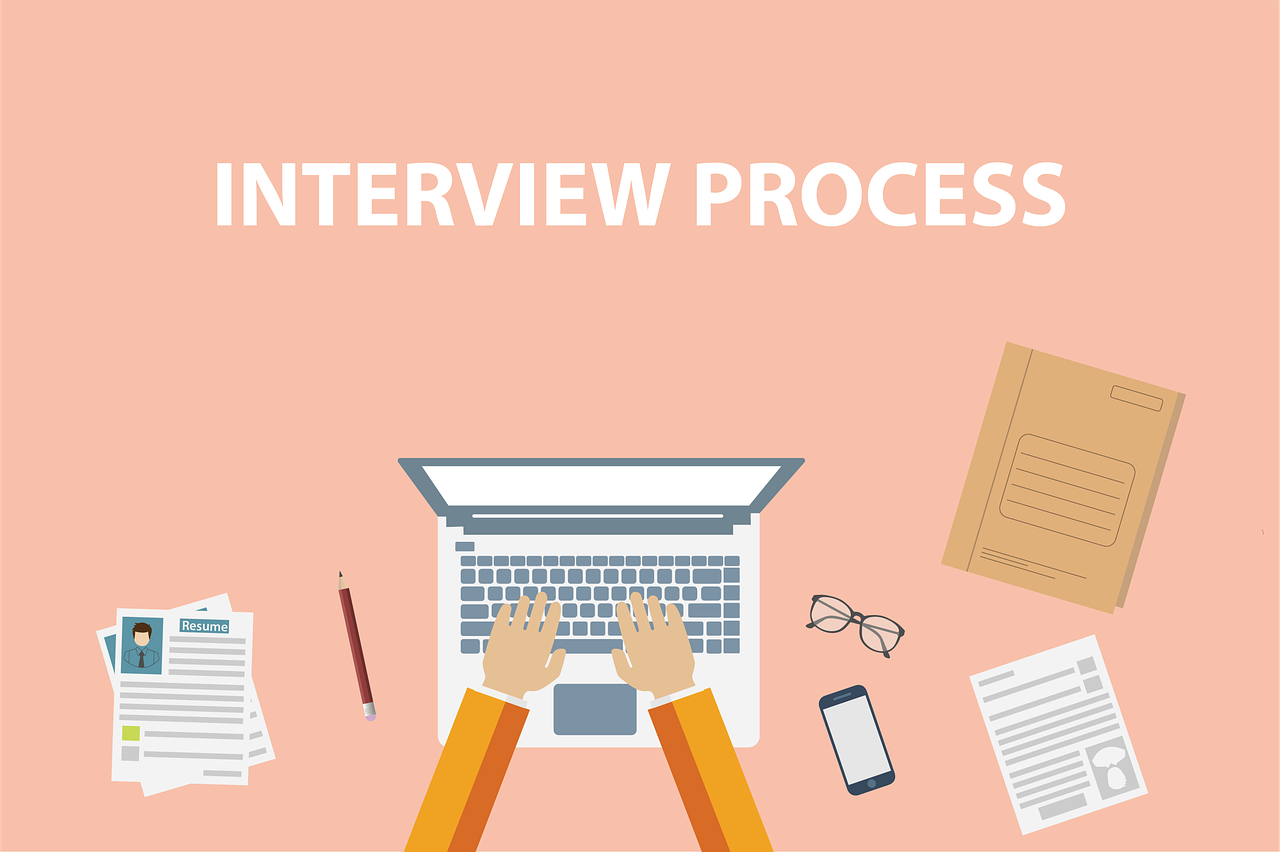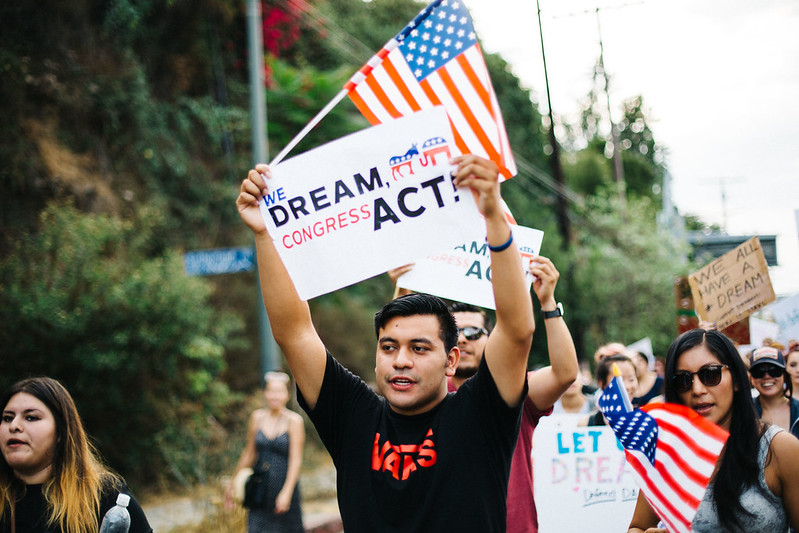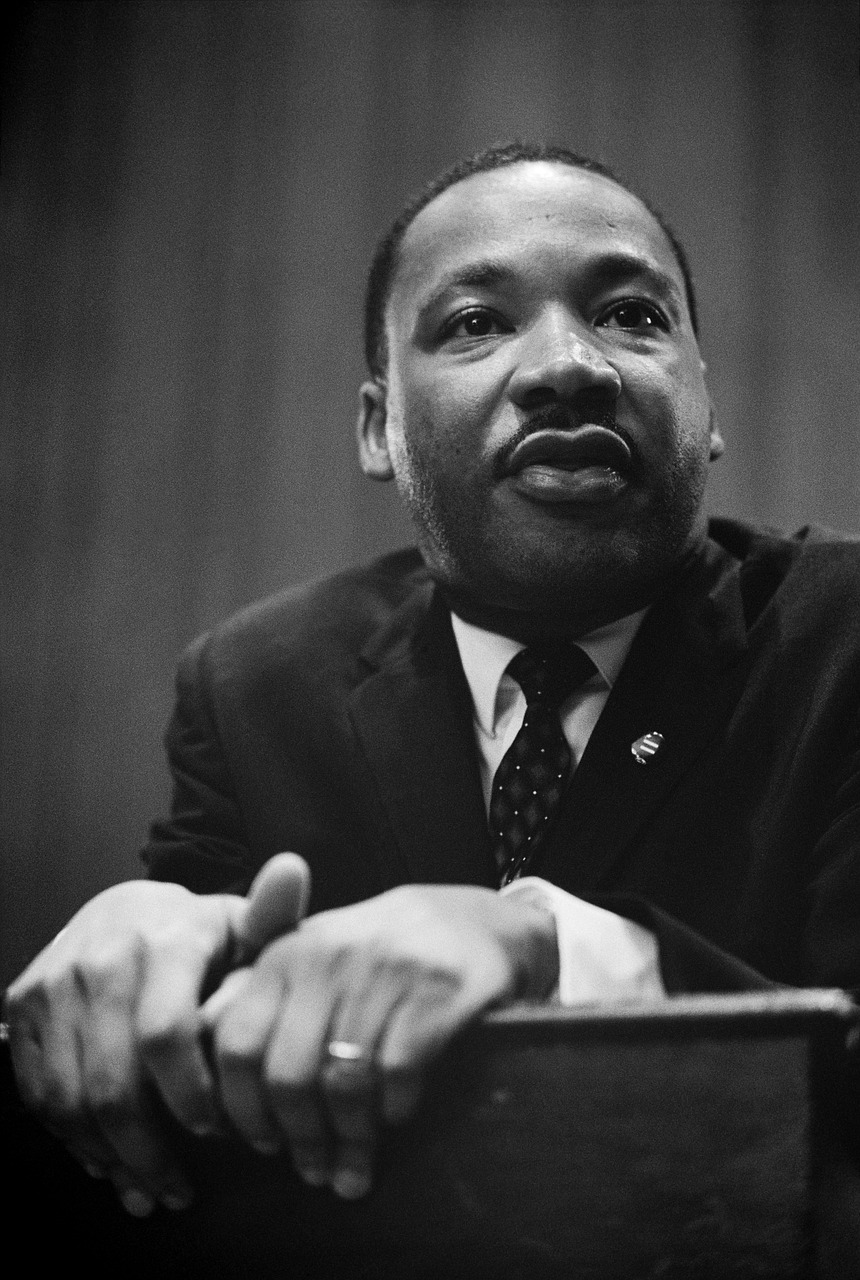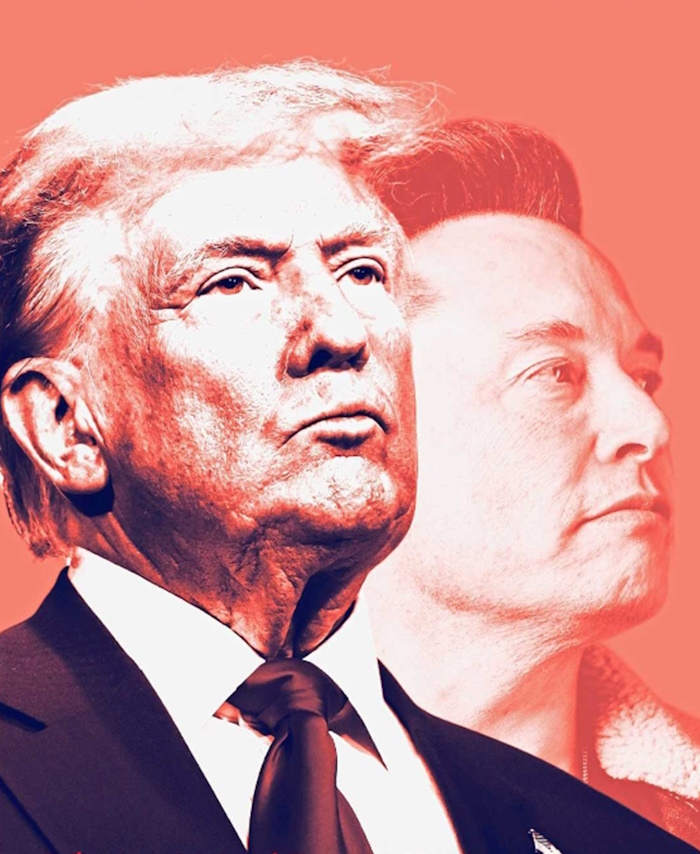 We knew it was coming. The Trump administration is preparing to roll out a new ban on travel to the United States, restricting the entry of citizens from certain countries for which vetting and screening warrants a partial or full suspension of admission to the United States. This travel restriction is rumored to take place by executive action next week.
We knew it was coming. The Trump administration is preparing to roll out a new ban on travel to the United States, restricting the entry of citizens from certain countries for which vetting and screening warrants a partial or full suspension of admission to the United States. This travel restriction is rumored to take place by executive action next week.
If this sounds like déjà vu, that’s because it is.
During his first term in office, in 2017 Trump signed Executive Order 13769 entitled, “Protecting the Nation from Foreign Terrorist Entry into the United States,” which banned nationals from seven Muslim-majority countries from entering the United States for a period of 90 days.
This executive order caused international chaos, due to several key provisions:
- It suspended the entry of immigrants and non-immigrants from seven predominantly Muslim countries including Iran, Iraq, Libya, Somalia, Sudan, Syria, and Yemen – for 90 days
- The order indefinitely suspended the entry of Syrian refugees
- It reduced the number of refugees to be admitted to the United States in 2017 to 50,000
- The U.S. Refugee Admissions Program (USRAP) was suspended for 120 days
Implementation of this executive order led to controversy and numerous legal challenges:
- More than 700 travelers were detained, and up to 60,000 visas were “provisionally revoked”
- Protests and chaos erupted at airports across the country
- Multiple lawsuits were filed in federal court challenging its constitutionality
 Visa Lawyer Blog
Visa Lawyer Blog












